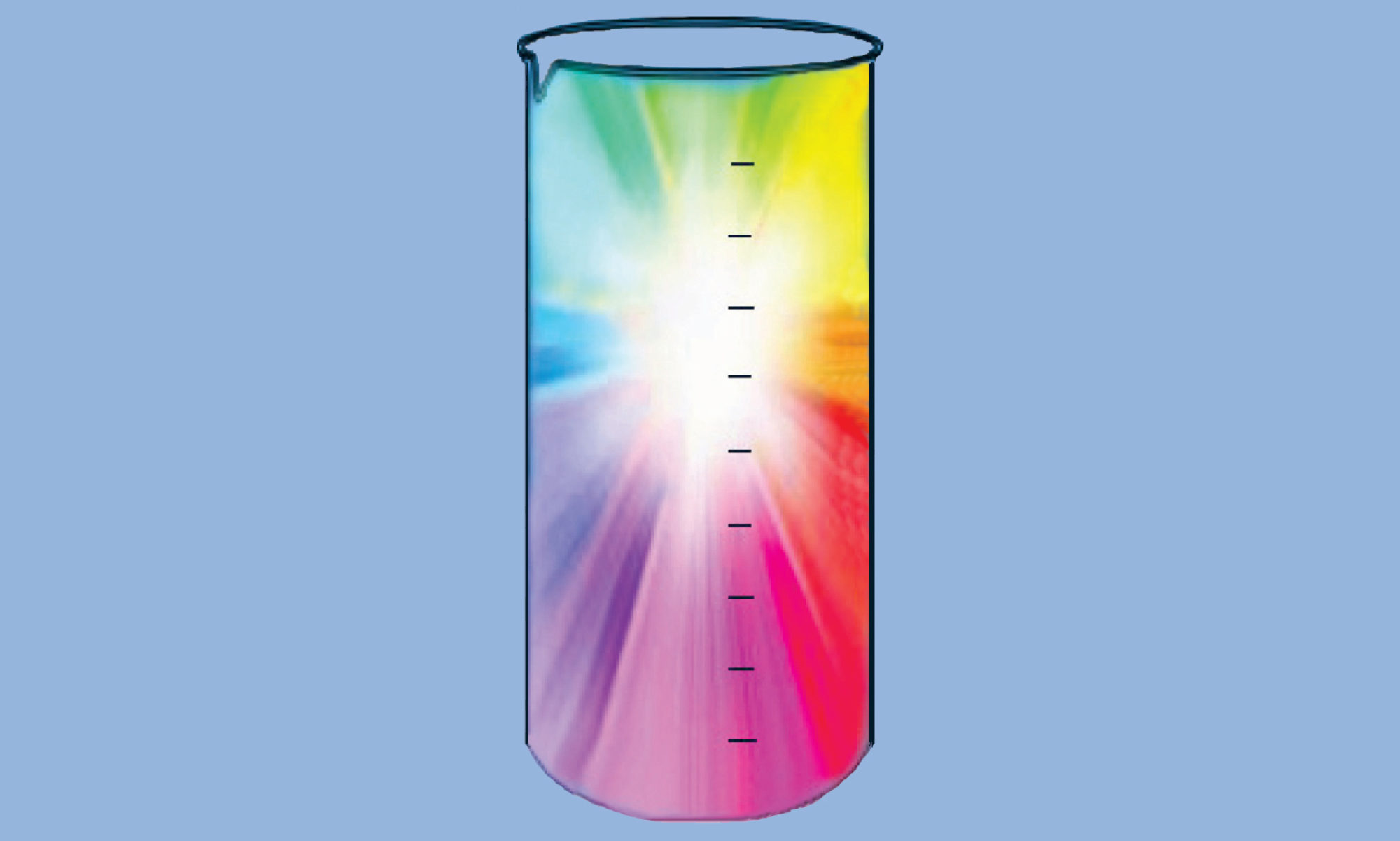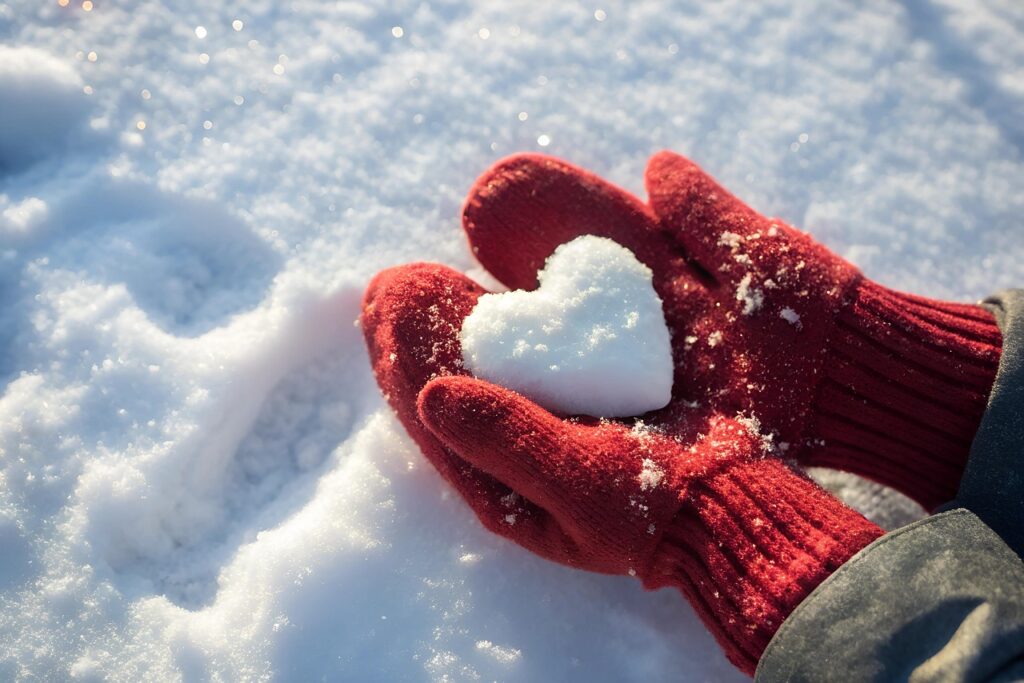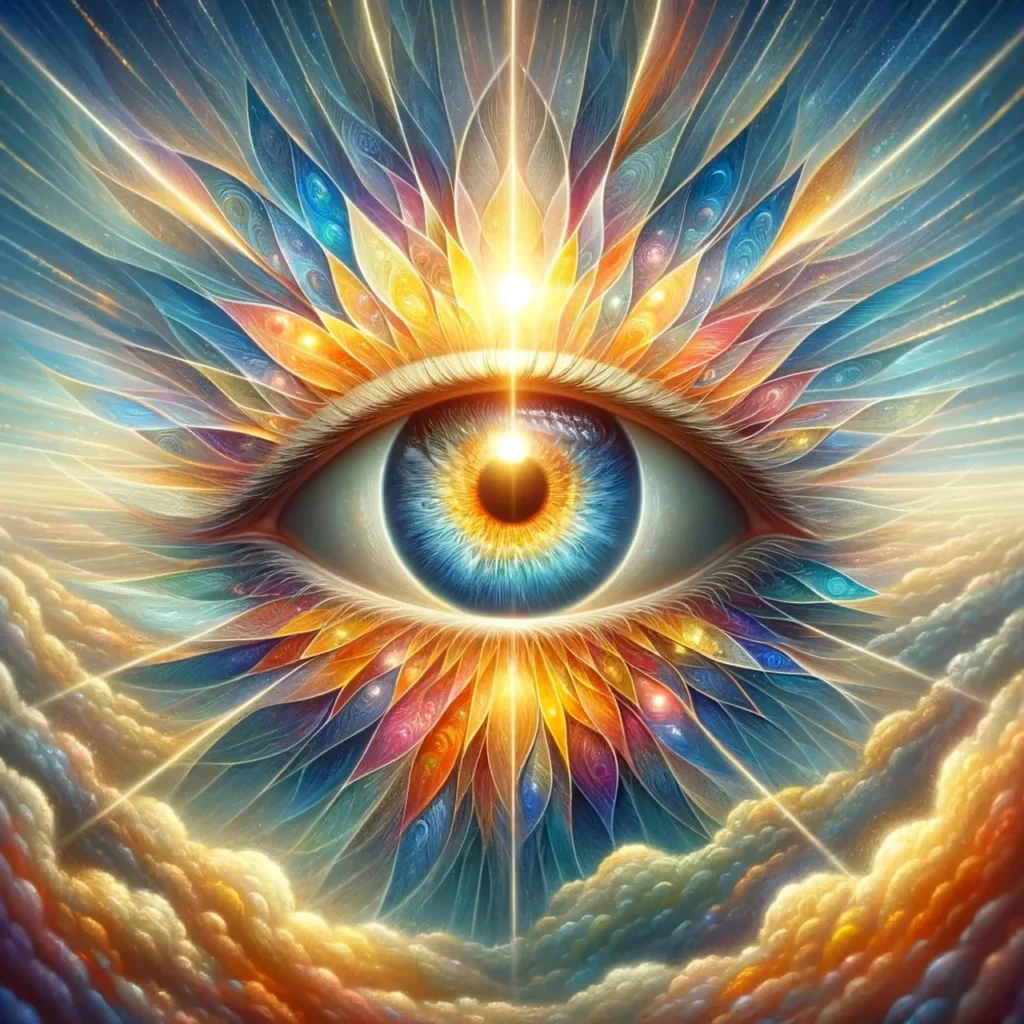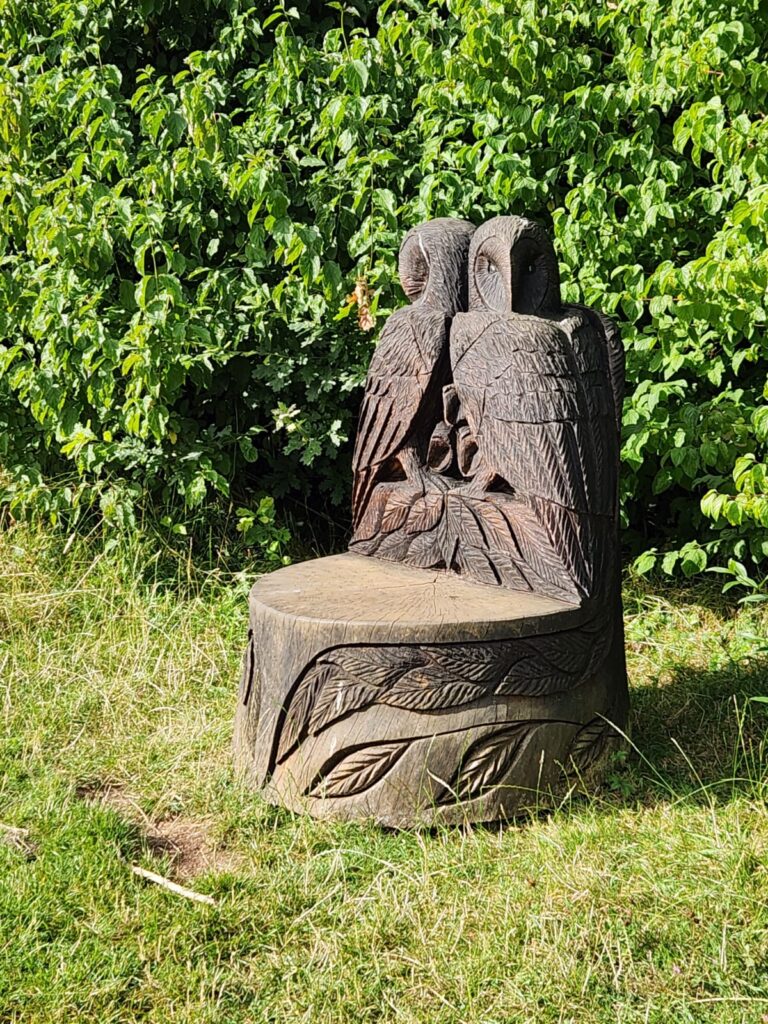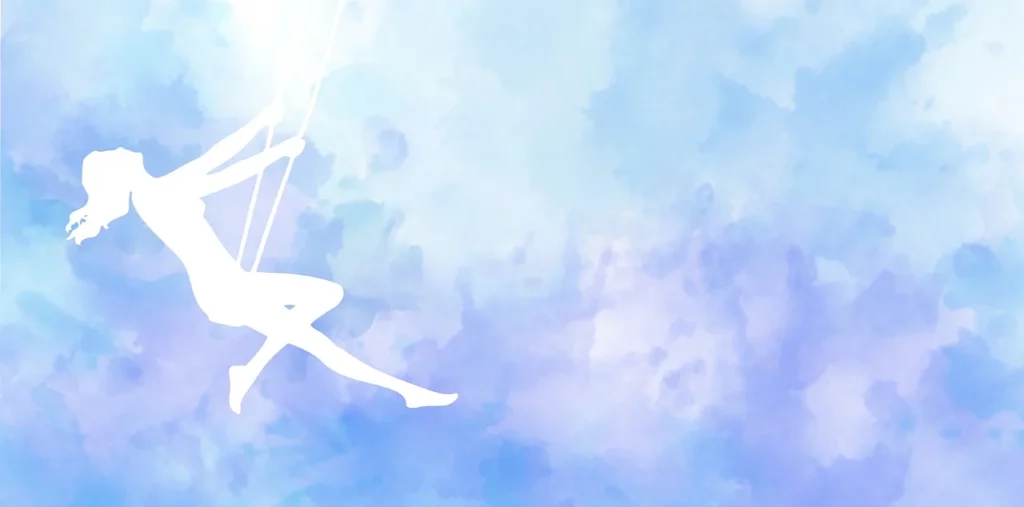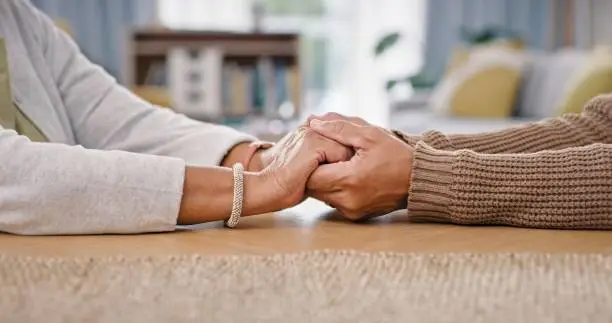
I am sitting in a silence that has enveloped the space since my mother’s recent death.
Sometimes it is too silent, our home having gone from a hive of activity, of caregivers bustling about, to my now being completely alone, immersed in an unending loop of reflection over her final days and whether things could have gone any differently.
I am blessed that my mother’s passing was peaceful and anchored in support and loving care. I was with her until the very end, listening to the laboured rasping, as her body shut down, the final quiet intakes of breath, the movement into a complete stillness and immobility. Witnessing the finality of death, the incontrovertible expression of the fragility of life.
Now I am engulfed in the silence of her absence, the imposed solitude and overwhelming introspection about her life and our time spent together. What I need most is for the people in my world to hold this silence with me, to dwell in the sacred space as I come to terms with the ending of her life and the resulting transformation of my own. I’ve also been immeasurably tired, depleted and disoriented, while immersed in the endless tasks of disassembling a person’s existence.
Immediately following my mom’s death, I received many messages of condolence and support, charitable donations and gifts, all of which I’ve genuinely appreciated. But what I’ve needed even more over the past few weeks is the gift of people’s time, of being with me as I navigate this new and uncertain reality.
It’s a very difficult road to traverse alone and no one wants to feel that they’ve been abandoned or forgotten at such a sad time of their lives. Companionship, however, is not an easy thing to ask for, and as grieving is an ongoing process, I will always be grateful for those who are able to listen to my uncertainties with empathy and compassion.
It’s been a further reminder to me that we should all endeavor to check in with each other more, especially at hard times, but at other times too. Life is difficult enough without feeling isolated and alone. We can really make a difference by reaching out and giving of our time and our humanity, with acts that will always be appreciated and remembered.
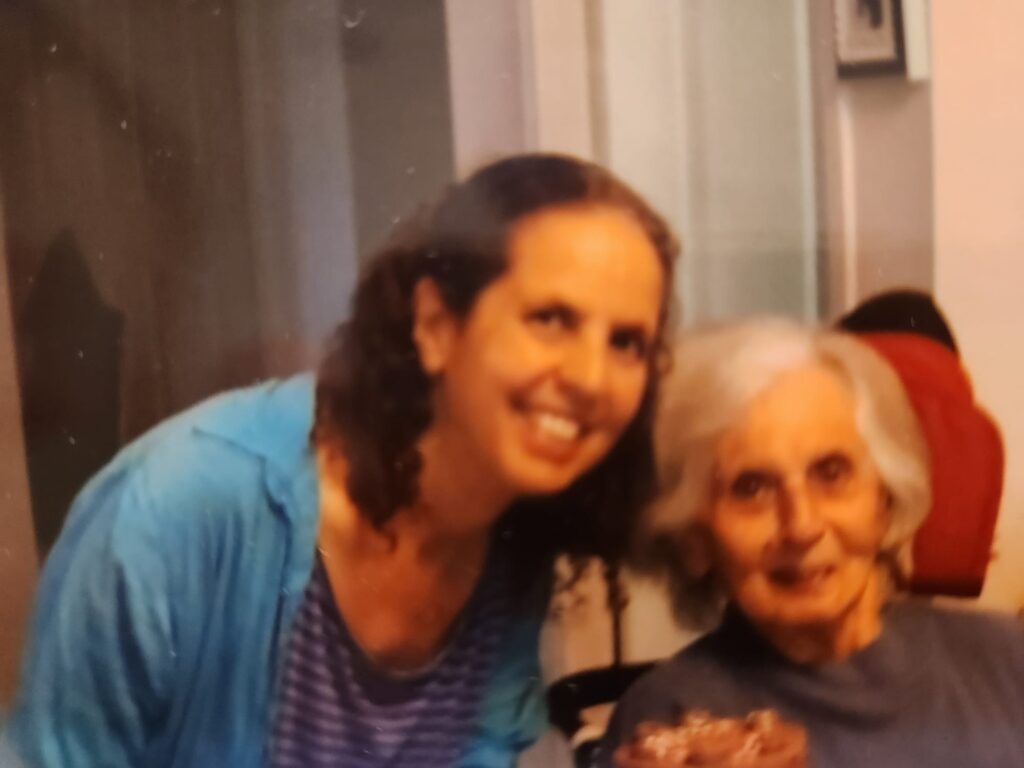
Experiencing the death of someone you’ve loved is a journey that takes time, patience and healing. Paradoxically though, the loss of my remaining parent signifies to me how limited my own time is here on earth. I have been filled with immense gratitude for all the gifts my mother has given me, while also feeling now, more than ever, the precious and precarious gift of life itself.
